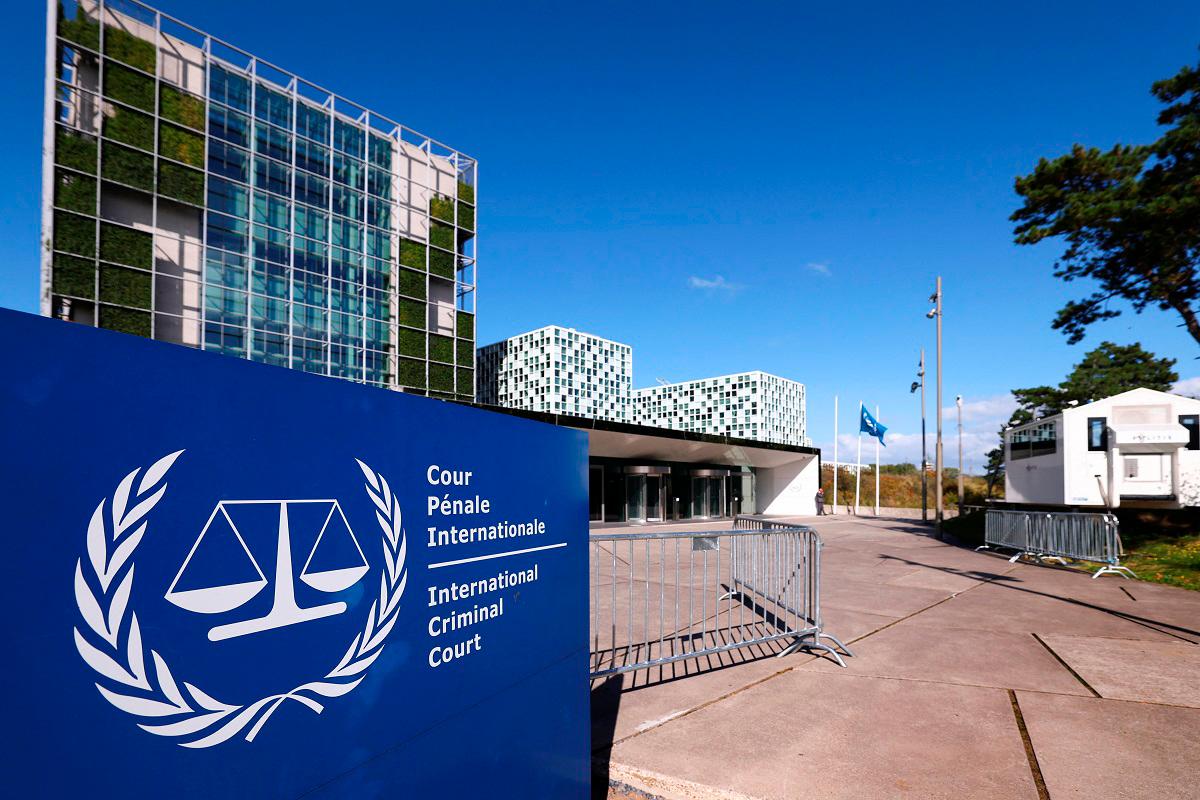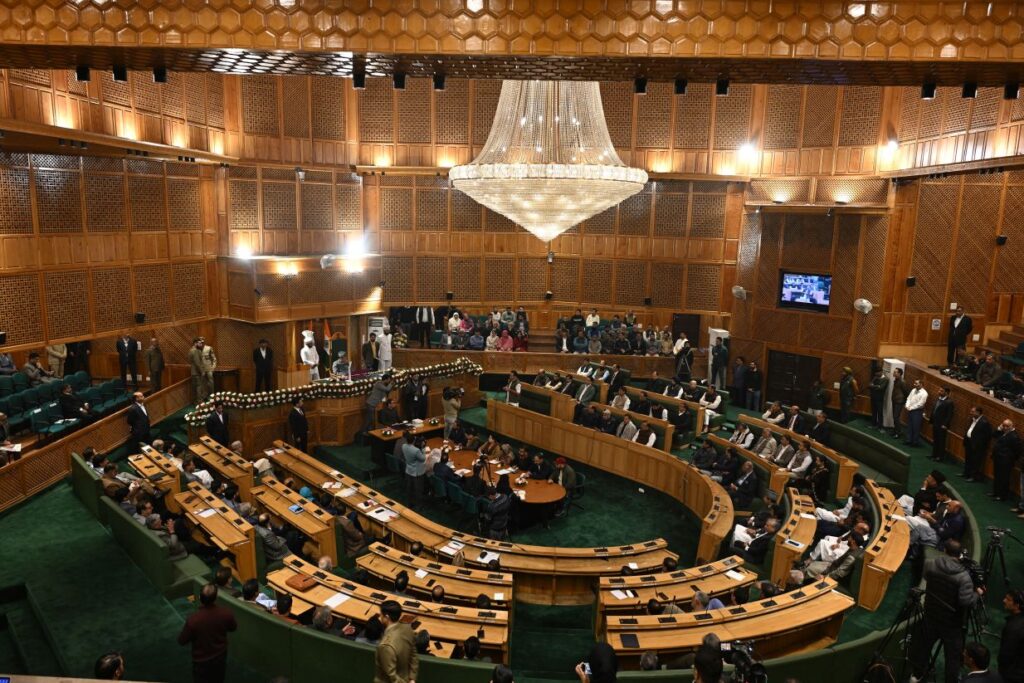DAKAR — In a bold and unified move, Mali, Burkina Faso, and Niger have formally announced their withdrawal from the International Criminal Court (ICC), marking a significant moment in the ongoing diplomatic reshuffling of West Africa’s Sahel region.
In a joint statement released Monday, the military-led governments denounced the ICC as a “tool of neocolonial repression,” citing deep frustrations over what they see as the court’s failure to deliver justice for African nations. This decision reflects growing resentment among these nations toward Western institutions and is part of a broader shift in regional alliances.
The withdrawal follows a wave of eight coups between 2020 and 2023 across the Sahel, resulting in the emergence of military governments that have severed ties with the Economic Community of West African States (ECOWAS). In response, the three countries have formed a new coalition called the Alliance of Sahel States, signaling a realignment of their political and security priorities.
As part of this realignment, the trio has significantly reduced its defense cooperation with traditional Western allies and has actively pursued closer military and diplomatic ties with Russia. Their joint rejection of the ICC, an institution they were part of for over 20 years, further underscores a turning point in their international engagement.
In their statement, the three governments criticized the ICC’s inability to effectively prosecute war crimes, crimes against humanity, genocide, and crimes of aggression. Although the statement offered no specific examples, it clearly reflected widespread dissatisfaction with what they perceive as a double standard in global justice.
The decision comes amid ongoing security crises in all three nations. Each is locked in a brutal fight against Islamist militant groups that control vast territories and have launched frequent attacks on military installations this year alone. Human Rights Watch and other watchdog organizations have documented serious allegations of atrocities by both militants and national armed forces.
In April, UN experts pointed to alleged summary executions by Malian forces that may constitute war crimes, further complicating the picture. Notably, the ICC has maintained an open investigation in Mali since 2013 following a referral by the then-government, focusing on crimes in the embattled regions of Gao, Timbuktu, and Kidal — areas that once fell under militant rule before France’s military intervention.
While critics argue the ICC provides a necessary legal mechanism to hold powerful actors accountable, leaders in Mali, Burkina Faso, and Niger appear increasingly skeptical that justice can be served without sovereignty being compromised.




